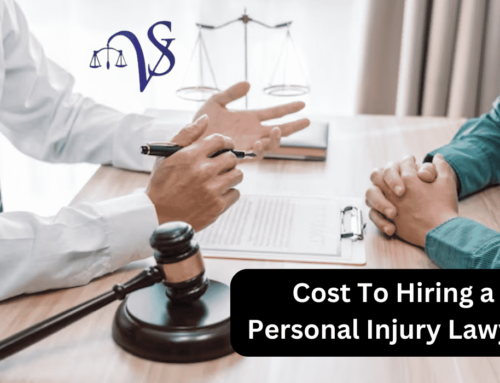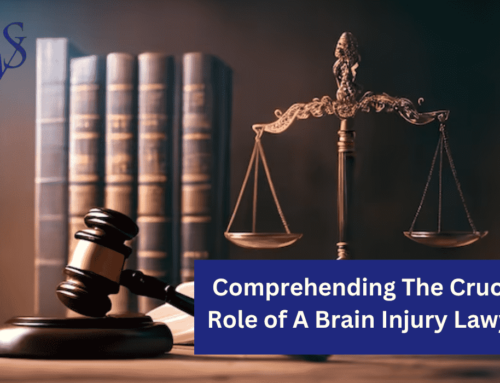What is a Personal Injury Settlement?
Accidents happen, and they can leave you with physical and emotional trauma, medical bills, as well as lost wages. If you have suffered an injury because of someone else’s negligence, you might be entitled to a personal injury settlement. A settlement can provide financial compensation for the losses and expenses that you incurred. However, many people are unsure of what a personal injury settlement entails. In this article, we will dive into personal injury settlements and give you an understanding of what you need to know.
Who Issues a Settlement and Why?
A settlement is an agreement between the victim or the injured party and the defendant or the party at fault. The defendant’s insurance company typically pays the settlement. The purpose of the settlement is to compensate the victim or the injured party for the damages caused by the accident and to avoid going to trial. Settlements are usually quicker, less expensive, and less stressful than a trial.
How To Do Injury Lawsuit Settlements Work?
Injury lawsuit settlements work when the injured party and the defendant agree on a settlement amount. The settlement amount will depend on several factors, including the type and severity of the injury, medical bills, lost wages, and pain and suffering. If an agreement is reached, the victim typically receives monetary compensation, and the case is closed. If an agreement is not reached, the case will proceed to trial.
What Influences the Settlement in Personal Injury Claims?
Several factors can influence the settlement amount in personal injury claims. These include:
Type of Injury:
The nature and severity of the injury will impact the settlement amount. Catastrophic injuries such as paralysis and brain injuries generally result in higher settlements.
Pain and Suffering:
The amount of physical and emotional pain and suffering can affect the settlement amount. The more severe the pain, the higher the settlement amount.
Property Damage:
If the accident caused damage to your property, such as a car, the settlement amount will include compensation for property damages.
Loss of Wages:
If the injury caused you to miss work, you may be compensated for lost wages.
Loss of Opportunities and Experiences:
If the injury caused you to miss out on experiences such as vacations or special events, you may be compensated for the loss.
Medical Expenses:
The cost of medical expenses, including treatment, medication, and rehabilitation, will impact the settlement amount.
Stage of the Claim:
The stage at which the settlement is reached can also influence the settlement amount. If the settlement is reached before trial, the amount may be less than if a trial has begun.
Punitive Damages:
In some cases, punitive damages may be awarded. Punitive damages are awarded to punish the defendant for their actions, and they can be significant.
The Legal Principle of Negligence
Negligence is the legal principle that forms the basis of most personal injury claims. Negligence occurs when someone’s actions or inactions result in harm to another person. To prove negligence, the injured party must show that the defendant had a duty of care, breached that duty, and caused the injury. The injured party must also show that the injury resulted in damages.
Personal Injury Settlement Payouts
Personal injury settlement payouts can vary widely. Settlements can range from a few thousand dollars to millions of dollars, depending on the severity of the injuries and the damages incurred. In general, settlements are designed to compensate the injured party for their losses, including medical expenses, lost wages, and pain and suffering.
How long does it take to resolve a personal injury settlement?
The time it takes to resolve a personal injury settlement can vary depending on several factors. These include the complexity of the case, the number of parties involved, and the willingness of the insurance company to negotiate. In general, a settlement can take anywhere from a few weeks to several months.






Leave A Comment